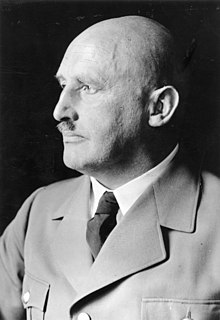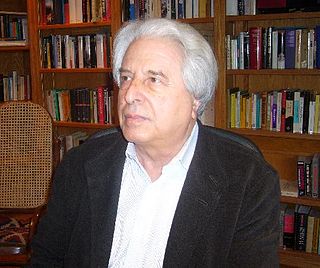A Quote by Simon Schama
It's not right to think about all of Jewish-German history as shrouded by the smoke of the crematorium.
Related Quotes
Developments since the rise of National Socialism make it probable that the continent will be freed from its Jewish destroyers of people and exploiters forever, and the German example after the German victory in World War II will also serve to bring about the destruction of the Jewish world tormentors on other continents.
My experience as a Jewish American has often been as a spectator of one-sided conversations, or more like monologues, about Israel, Jewish History, Jewish identity, etc. Although there are profound divisions amongst Jews on all of these topics there are not many opportunities for deep and thoughtful dialogue about them.
Susannah Heschel's The Aryan Jesus is a brilliant and erudite investigation of the convergence between major trends in German Protestantism and Nazi racial anti-Semitism. By concentrating on the history of the Institute for the Study and Eradication of Jewish Influence on German Religious Life, Heschel describes in forceful detail the Nazification of all aspects of Protestant theology, including the Aryanization of Jesus himself. This is a highly original and important contribution to our understanding of the Third Reich.
Major Trends [is] the canonical modern work on the nature and history of Jewish mysticism. For a sophisticated understanding, not only of the dynamics of Jewish mysticism, but of the exquisite complexities of Jewish history and tradition, Major Trends is a major port of entry through which one must pass.








































